Carbohydrates form the bulk of our diets nowadays as they are cheap, filling and tasty. But most of the carbs we eat are highly refined with little nutritional value.
Carbohydrates are a major factor in the obesity epidemic sweeping the world. In many Western diets, wheat and sugar are the main sources of carbohydrate in our diet. The deadly twosome are found in bread, pasta, breakfast cereals, noodles, pizza, cakes and biscuits.
Wheat Gluten
Wheat gluten is a health issue linked to eating wheat-based foods. It causes serious problems in many people who are gluten-intolerant or have celiac disease. Even if you aren’t suffering from these conditions, eating a lot of wheat can have serious health complications.
Wheat gluten
- is hard to digest
- weakens the immune system
- is a poor source of protein
- damages the lining of the gut
- is linked to poor nutrient absorption.
Consumption of wheat-based products is linked to common problems such as bloating, flatulence, indigestion and Irritable Bowel Syndrome. Refined wheat products such as white bread and pasta are also very low in nutrients as they are removed during processing.
Reducing Wheat Intake
Try reducing your intake of wheat foods… it is likely to have a positive effect on your future health and your waistline. One of the easiest and healthiest ways to cut down on wheat is to increase the amount of vegetables you eat. Use them as your bulk food rather than bread and pasta.
Brown rice is a ‘wonder’ food as it is very nutritious with lots of fiber and protein, and is a great substitute for pasta. Unfortunately, brown rice has been linked to high levels of arsenic so it should only be eaten a few times per week. Instead, try other grains such as quinoa, millet, barley, rye, corn, kamut or spelt. These are more nutritious than wheat and much better for you.
Green fact – Vegetables are faster-growing than cereal crops and require little space. Moving away from grain crops can help the problem of poor nutrition and hunger for the billion people suffering from lack of food in the world today.
Sugar: The Quick Fix
Sugar provides us with a quick shot of energy but nothing else! And that energy quickly fades and we need another fix to wake us up. Blood sugar goes up and down and results in fatigue, mood swings and irritability.
Your pancreas has to work overtime to try and control your blood sugar levels. It can start to over-react causing dizziness, mental confusion and panic attacks. This condition, known as ‘reactive hypoglycemia’, is a warning sign for the development of diabetes. And, of course, we all know that eating too many sugary treats and cookies and cakes makes us fat!
Don’t forget that sodas and colas are a big source of sugar in the diet. For instance, one small can of cola contains the equivalent of nearly 10 lumps of sugar! Fruit juices are often seen as a healthy alternative but they contain a lot of sugar in the form of fructose. Sugar and fructose are major factors in the worldwide obesity epidemic.
Green fact – sugar farms in Australia have severely damaged the Great Barrier Reef through contamination by effluent, pesticides and sediment and destruction of the linked wetlands.
Green fact – Coca-Cola and other soda companies exploit ‘free’ water in Third World countries leading to increased drought and water-shortages.
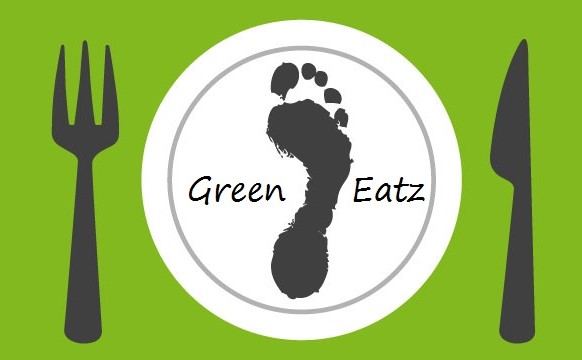
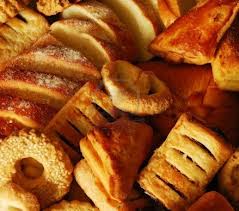
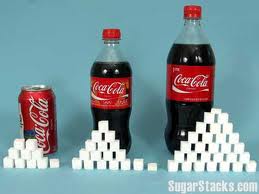
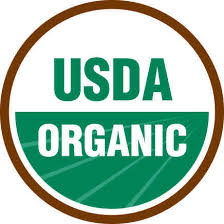
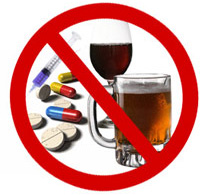
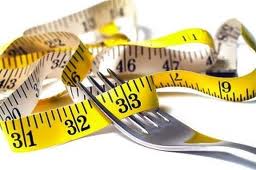
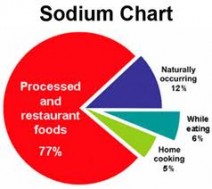

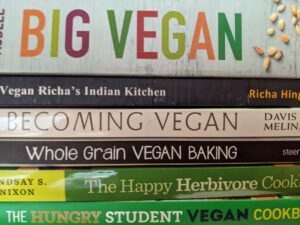
I’m 61 and I’ve learnt more in the last half hour reading this then I have in my life time. I wish I’d been taught about the food I eat and which we are srounded with years ago. Why don’t someone make a good TV program about it all. From the carbon foot print to the damage we do to our body and then most of all good cooking programs and how to cook and eat health we save our selves and our planet.